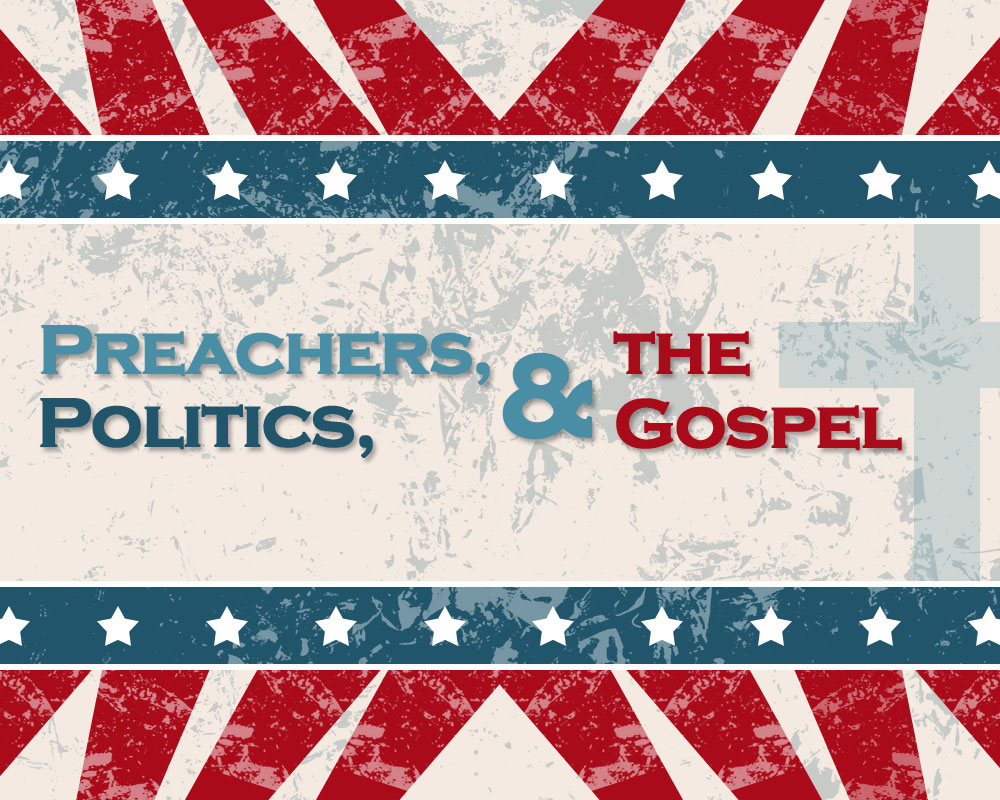
Rev. Robert Jeffress, pastor of First Baptist Church in Dallas, made headlines recently when he endorsed Texas Governor Rick Perry for president by arguing that Christians should not vote for Mitt Romney (a Mormon) because he is a member of a cult. That set off a firestorm of controversy, including an accusation from the Americans United for the Separation of Church and State that Jeffress broke the law by endorsing Perry on their church’s website. Perry has distanced himself from the comment, and Jeffress has gone so far as to assert that he is not “Rick Perry’s Jeremiah Wright,” referring to the Chicago pastor who embarrassed Barack Obama during the previous presidential election cycle.
There are at least three reasons why our pastors at Faith do not get involved in endorsing specific political candidates when representing our church.
1. The power of words
The Bible teaches us to carefully guard our words. Solomon proclaimed that “death and life are in the power of the tongue” (Proverbs 18:21). Jesus told His followers that “every careless word that people speak, they shall give an accounting for it in the day of judgment” (Matthew 12:36). James explained that the tongue is “a fire, the world of iniquity; the tongue is set among our members as that which defiles the entire body, and sets on fire the course of our life, and is set on fire by hell.”
Our mission is to faithfully proclaim the gospel of Jesus Christ to a lost and dying world. Spending our capital on lesser discussions is a waste of the influence God has entrusted to us.
2. The nature of Christ’s kingdom
Jesus’ followers frequently forget the nature of the mission. Christ even had to explain this to Peter in the Garden of Gethsemane when He said, “My kingdom is not of this world” (John 18:36). He went on to say that “If my kingdom was of this world, then My servants would be fighting.”
Government is ordained of God. Without question followers of Christ are responsible to submit to our governmental leaders (Romans 13) and pray faithfully for them (1 Timothy 2). But the purpose in not that the kingdom of God can or should be ushered in through political means. Paul made this perfectly clear when he explained that we pray so that “we may lead a tranquil and quiet life in all godliness and dignity” (1 Timothy 2:2). When churches and pastors position themselves as political action committees, the result is anything but quiet and tranquil. The headlines in the last seven days prove that point beyond any reasonable doubt.
3. The centrality of the mission
Short-term political gains are not worth the loss of eternal ministry opportunities.
That is the fundamental point of Michael Horton’s excellent book “Beyond Culture Wars” in which he posed the important question; “Is America a battlefield, or a mission field?” I hope we all understand that the answer is the latter. That is why wise pastors and churches avoiding speaking in contexts that needlessly alienate people from our proclamation of the good news of the death, burial, and resurrection of Christ and the new life we can enjoy in Him. Short-term political gains are not worth the loss of eternal ministry opportunities.
 Church
Church